Ernest Hemingway’s The Sun Also Rises
Read the classic postwar novel that made Hemingway the voice of the "Lost Generation."
Mondays | Jan. 6–Feb. 10, 2025
Online Seminar
The political instability of our moment feeds in part on a widespread sense of personal unease, particularly among the young. The philosophic foundation of that unease is the experience definitive of existentialism—the sense of “an absolute rift between man and that in which he finds himself lodged,” as Hans Jonas put it. This course will explore two alternative accounts of this existential condition and the proper human response to it.
Blaise Pascal, the great 17th-century polymath sometimes called “the first existentialist,” powerfully depicted the human experience of dislocation within the “eternal silence of the infinite spaces” described by modern science. He found in this experience of cosmic “thrownness” the deepest impetus for man’s search for the transcendent yet personal God of Abraham, Isaac, and Jacob. Centuries later, Albert Camus would ask the question of how human beings could affirm life in the face of its intrinsic godlessness and meaninglessness, and sketch a form of existential heroism that managed to say “yes” to life in spite of its absurdity. Our exploration of these two authors is intended to help students with their own efforts to live dignified lives in a world so many find unsettling.
Ben Storey & Thomas Chatterton Williams on Pascal & Camus
This course is offered by Humanities at Hertog. It takes place weekly on Mondays, via Zoom, from 3:30 PM to 5:30 PM ET. Fellows will receive a $150 stipend contingent upon participation in the course and completion of a brief response paper. All course materials will be provided.
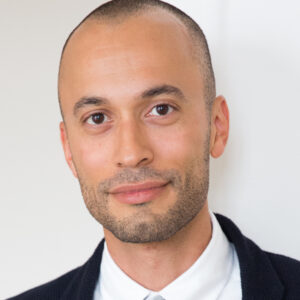
Thomas Chatterton Williams is a staff writer at The Atlantic and the author of Losing My Cool and Self-Portrait in Black and White. He is a Visiting Professor of Humanities and senior fellow at the Hannah Arendt Center at Bard College, a 2022 Guggenheim fellow, and a visiting fellow at AEI. He was previously a contributing writer at The New York Times Magazine and a Columnist at Harper’s.

Thomas Chatterton Williams is a staff writer at The Atlantic and the author of Losing My Cool and Self-Portrait in Black and White. He is a Visiting Professor of Humanities and senior fellow at the Hannah Arendt Center at Bard College, a 2022 Guggenheim fellow, and a visiting fellow at AEI. He was previously a contributing writer at The New York Times Magazine and a Columnist at Harper’s. His work has appeared in the New Yorker, the London Review of Books, Le Monde and many other places, and has been collected in The Best American Essays and The Best American Travel Writing. He has received support from New America, Yaddo, MacDowell, and The American Academy in Berlin, where he is a member of the Board of Trustees. His next book, Nothing Was the Same, will be published by Knopf.
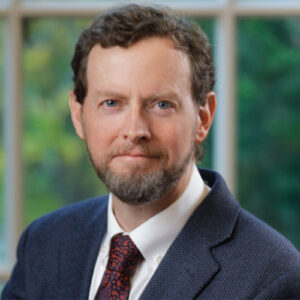
Benjamin Storey is a senior fellow in Social, Cultural, and Constitutional Studies at the American Enterprise Institute (AEI), and co-director of AEI’s Center for the Future of the American University. He is concurrently an SNF Agora Fellow at Johns Hopkins University and a research fellow at the Civitas Institute at the University of Texas at Austin.

Benjamin Storey is a senior fellow in Social, Cultural, and Constitutional Studies at the American Enterprise Institute (AEI), and co-director of AEI’s Center for the Future of the American University. He is concurrently an SNF Agora Fellow at Johns Hopkins University and a research fellow at the Civitas Institute at the University of Texas at Austin.
Prior to coming to AEI, Dr. Storey served as Jane Gage Hipp Professor of Politics and International Affairs at Furman University, where he taught for 17 years. He was the recipient of Furman’s highest award for undergraduate teaching, and the founding director of Furman’s Tocqueville Program.
Dr. Storey has been a visiting fellow at the James Madison Program in American Ideals and Institutions at Princeton University, and the recipient of a “Enduring Questions” Grant from the National Endowment for the Humanities. He has taught at the University of Chicago, and for the Hertog Political Studies Program, the Tikvah Fund, and the William F. Buckley, Jr. Program at Yale.
Dr. Storey is the coauthor, with his wife, Jenna Silber Storey, of Why We Are Restless: On the Modern Quest for Contentment (Princeton University Press, 2021). Together, the Storeys are working on a book titled, The Art of Choosing: How Liberal Education Should Prepare You for Life.
Readings:
Discussion Questions:
Readings:
Discussion Questions:
Readings:
Discussion Questions:
Readings:
Discussion Questions:
Readings:
Discussion Questions:
Readings:
Discussion Questions:
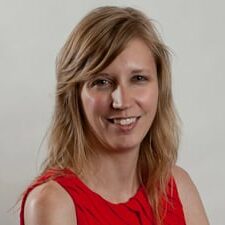
Cheryl Miller
Cheryl Miller is executive director at the Hertog Foundation. Previously, she served as deputy director of research in the Office of Presidential Speechwriting and as research assistant to David Brooks at The New York Times. Her reviews and commentary have appeared in such publications as The Wall Street Journal, Commentary, and The Weekly Standard. She graduated from the University of Dallas with Bachelor of Arts degrees in English and Politics.
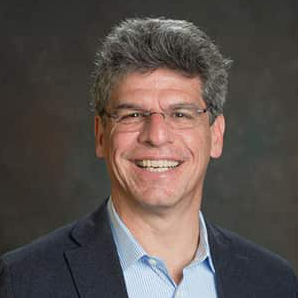
Jacob Howland
Jacob Howland has published five books and roughly 60 scholarly articles and review essays on the thought of Plato, Aristotle, Xenophon, Kierkegaard, the Talmud, the Holocaust, ideological tyranny, and other subjects. His most recent book is Glaucon’s Fate: History, Myth, and Character in Plato’s Republic.
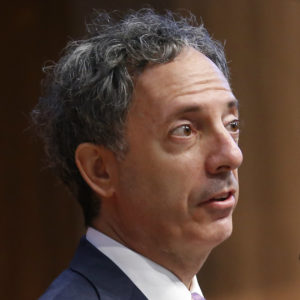
Peter Berkowitz
Peter Berkowitz is the Tad and Dianne Taube Senior Fellow at the Hoover Institution, Stanford University. He studies and writes about, among other things, constitutional government, conservatism and progressivism in America, liberal education, national security and law, and Middle East politics.
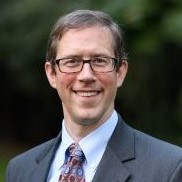
Thomas Merrill
Thomas Merrill is an associate professor in the School of Public Affairs at American University. He is the author of Hume and the Politics of Enlightenment. He is also the co-editor of three edited volumes, including The Political Thought of the Civil War.

Matthew Continetti
Matthew Continetti is the director of domestic policy studies and the inaugural Patrick and Charlene Neal Chair in American Prosperity at the American Enterprise Institute (AEI), where his work is focused on American political thought and history, with a particular focus on the development of the Republican Party and the American conservative movement in the 20th century.